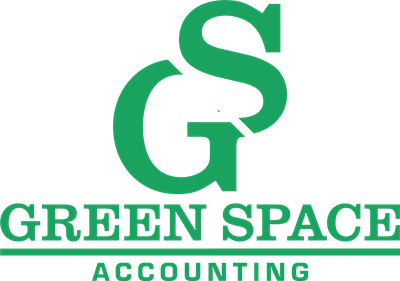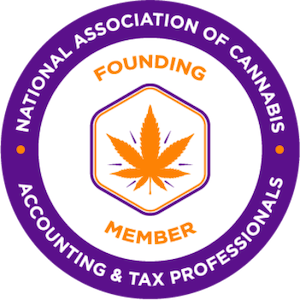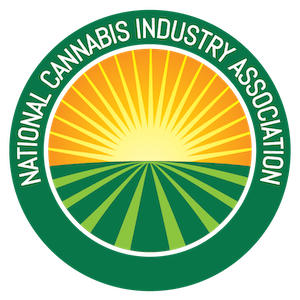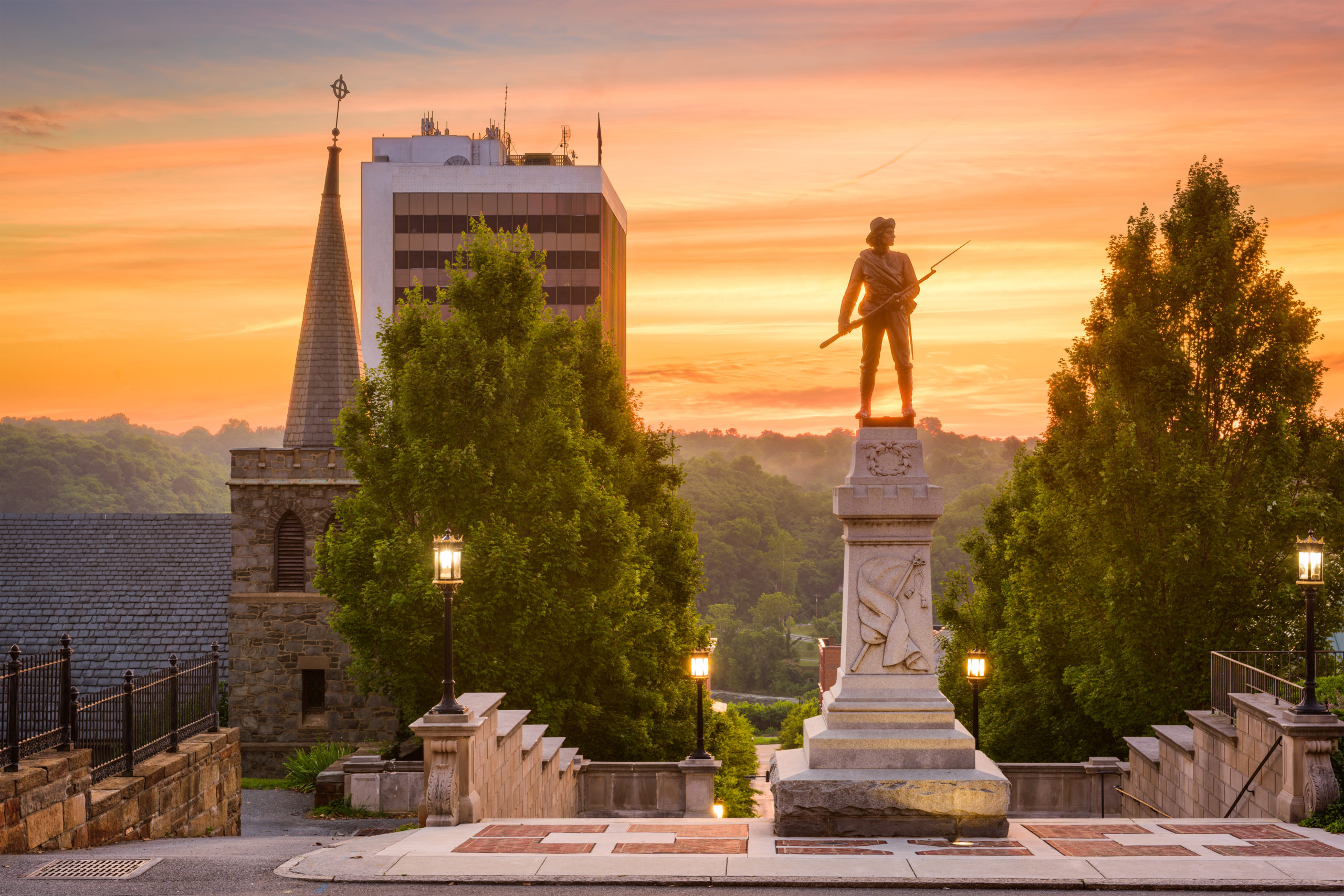
Cannabis Legislation Guide: Virginia
On April 21, 2021, Virginia broke ground by becoming the first southern state to begin the process of legalizing adult-use cannabis. While this is a huge milestone for cannabis lovers, especially for those in communities that have been wrongfully affected by prohibition and policing, legal sales of the plant will not begin until 2024.
This three-year waiting period allows local and state governments to develop a regulatory framework for the sale of the product and gives excited cannabis entrepreneurs ample time to develop business plans for dispensaries, cultivation centers, and delivery services. For those looking to get into the business, becoming well acquainted with the legislation surrounding cannabis is the best way to be prepared for when recreational sales become legal.
Check out this quick guide on everything you need to know about cannabis in Virginia!
Breaking Down HB 2312 and SB 1406
The two cannabis-related bills that Virginia Governor Ralph Northam introduced are House Bill 2312 and Senate Bill 1406. Each legislation is identical in text and purpose, addressing changes to the criminal penalties surrounding cannabis that were enacted on July 1, 2021.
What Became Legal?
Under this new legislation, adults 21 and over are permitted to possess up to one ounce of cannabis and may use it in their private residence. Home cultivation is also allowed at a limit of four plants per household (not per person), as well as the sharing of up to one ounce of cannabis between adults without remuneration.
It is important to remember that it remains illegal to distribute or sell marijuana or to possess any amount of marijuana with the intent to distribute or sell it.
Cannabis Control Authority
The two Bills also authorized the creation of the Cannabis Control Authority (CCA), a new, independent political body to control and regulate a new marijuana retail market, including issuing licenses for businesses, creating health and safety guidelines, and promoting diversity within the industry.
The governor appointed a board of directors and CEO for the CCA on July 19, who will now lead the creation of a recreational cannabis marketplace in Virginia, although applications for business licenses will most likely not be available until 2023.
Promoting Social Equity
The new laws aim to promote inclusion within the new cannabis industry by prioritizing businesses with owners who have a prior cannabis conviction, have a close relative with a conviction, live either in an area with disproportionate cannabis arrests or that is economically distressed, or graduated from a Virginia HBCU.
Also announced was the creation of the Business Equity & Diversity Support Team, a sector of the CCA which will provide technical assistance to social equity applicants, perform outreach to areas disproportionately impacted by marijuana prohibition, and analyze potential barriers to entry for small, women-owned, and minority-owned businesses.
Lastly, the bills established the Cannabis Equity Reinvestment Fund, which will direct 30% of all cannabis tax revenues towards directly addressing the impact of economic disinvestment and poor enforcement of drug laws.
How Cannabis is Taxed in VA
Once the opening of adult-use cannabis dispensaries becomes permitted in Virginia, a state tax of 21% at the point of retail sale would be levied, in addition to standard 6% sales taxes. This tax would not apply to sales from medical dispensaries and would only serve for recreational marijuana purchases. There is also a potential for localities to impose a 3% tax on sales made in their municipality.
The revenue gained from these taxes will be dispersed as follows:
- Pre-K education for at-risk children (40%)
- The Cannabis Equity Reinvestment Fund (30%)
- Substance abuse treatment and prevention (25%)
- Public health programs (5%)
Getting a Cannabis License
As mentioned above, the new Cannabis Control Authority will be responsible for overseeing the adult-use retail market, regulating business operations within the industry, and granting, suspending, and revoking cannabis business licenses.
The board will place a limit on the number of licenses available for application, with a maximum of 400 retailers, 25 wholesalers, 450 cultivators, and 60 product manufacturers allowed in the state. New legislation also establishes two types of licenses for cannabis cultivators. Class A licenses will be capped at a certain number of square feet or plants, and Class B entities would be required to cultivate plants that contain no more than 1% THC.
Some of the other types of licenses that will be available are:
- Manufacturer License. Allows licensees to manufacture, label, and package retail cannabis that is purchased from cultivators.
- Testing Facility License. Grants licensees the ability to develop, research, or test cannabis and related products.
- Wholesaler License. Legalizes the purchase of retail cannabis and related products from a cultivation facility, and the transfer or resale of them to another store, manufacturer or wholesaler. This role essentially acts as a middleman that can buy and sell from the other types of license holders.
- Retail License. Allows for businesses to purchase cannabis and related products from a manufacturer, wholesaler, or cultivator, and sell it to consumers. These stores will only be able to sell through face-to-face exchanges and cannot sell through an automated dispensing or vending machine, a drive-through sales window, or a delivery service.
Potential Fees
Because the adult-use cannabis market is not yet developed, there is no way to get an exact idea of the fees associated with getting a cannabis license in Virginia. However, looking at the application process for the state’s medical licenses can give a good framework of what to expect in the following years.
In 2018, when medical licenses were still available, each applicant was required to submit a non-refundable application fee of $10,000. Even more, any organization that was granted a license had to pay an initial permit fee of $60,000.
By looking at the data from these licenses, it is safe to assume that application and licensing fees for the adult-use recreational market will be the same, if not higher for prospective cannabis entrepreneurs.
Building Your Business
The application process for a cannabis business license may be competitive, but there is still plenty of time to prepare. Before you begin, it is important to have the following documentation in order:
- Ownership and investment information (including full corporate structure)
- Detailed payroll and employee information (including fingerprinting and background check of employees)
- Information about the location and premises to be licensed
- All relevant financial statements, including 5-year projected forecast, projected revenue, operating costs etc.
- Expected hours of operation
- Security Plans
Bottom Line
Cannabis presents a very precarious industry to do business in, especially in confusing new markets like Virginia.
If you are looking to open a cannabis dispensary and are planning an application, consulting a professional firm like Green Space, that strictly monitors changing local regulations and industry news, will keep you in the know and in control of your company’s finances and legal compliance.
Click below to book a consultation today!
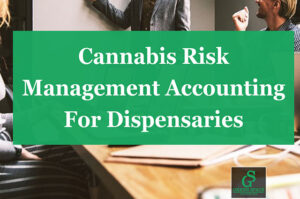
Cannabis Risk Management Accounting For Dispensaries
As dispensary owners, you have several responsibilities and you occasionally wear different hats in your business. This is hard to juggle, especially if you don’t
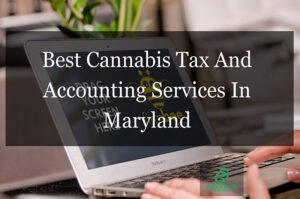
Best Cannabis Tax And Accounting Services In Maryland
If you’re a dispensary or cannabis owner looking to minimize your potential fines or fees accruing from local authorities, then you have come to the
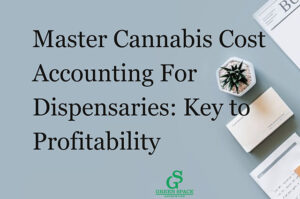
Master Cannabis Cost Accounting For Dispensaries: Key To Profitability
Your costs are part of operating your dispensary. They will always be there, regardless of the stage that your business is under. Knowing how to
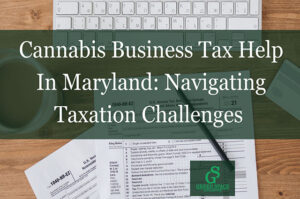
Cannabis Business Tax Help in Maryland: Navigating Taxation Challenges
Taxes are a little challenging to understand and manage, especially if you are in the cannabis industry. The industry has a set of regulations your

Financial Services Offered In The Cannabis Industry
Financial services offered in the cannabis industry can provide cannabis companies security or protection for their money. Many owners practice cash handling practices that can
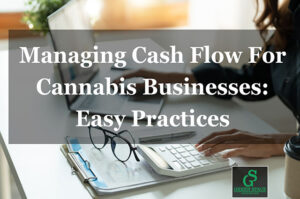
Managing Cash Flow For Cannabis Businesses: Easy Practices
Managing cash flow is a challenge if you’re trying to maintain it for financial stability. Without a stable cash flow system in place, your business
